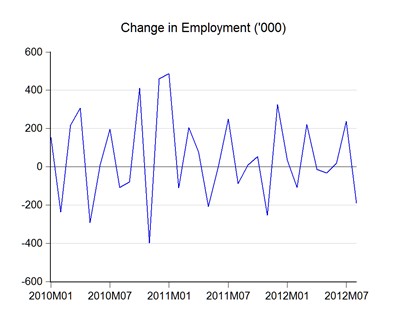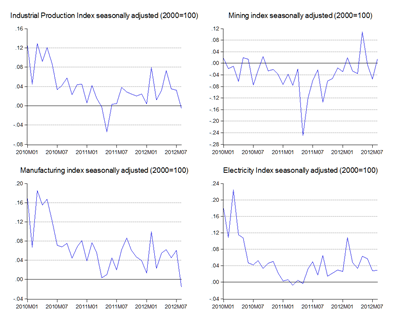The latest from Global Financial Integrity focuses on illicit outflows and inflows revolving around China (excerpt from press release):
Illicit Financial Flows from China and the Role of Trade Misinvoicing
The Chinese economy hemorrhaged US$3.79 trillion in illicit financial outflows from 2000 through 2011, according to a new report [PDF] released today by Global Financial Integrity (GFI), a Washington, DC-based research and advocacy organization. Amidst increased domestic concern over inequality and corruption, GFI’s study raises serious questions about the stability of the Chinese economy merely two weeks before the once-in-a-decade leadership transition…







